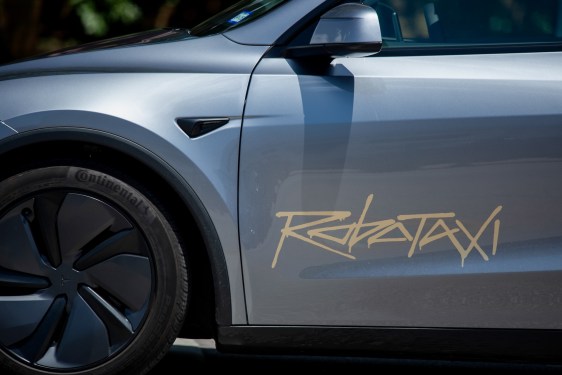Tesla has secured a new permit from the Nevada Department of Motor Vehicles, allowing the company to begin testing its autonomous vehicle technology on public roads in the state. The testing permit was first noted by Tesla influencer Sawyer Merritt. This development comes just two months after CEO Elon Musk detailed the company’s plans to expand its autonomous vehicle ambitions beyond Austin into several new markets.
During Tesla’s second-quarter earnings call on July 23, Musk stated the company expected to greatly increase its service area within a week or two, pending regulatory permissions. He specifically mentioned plans to launch in the Bay Area, Nevada, Arizona, Florida, and a number of other locations. Musk expressed the goal of having autonomous ride-hailing available to half the U.S. population by the end of the year, contingent on proving safety and receiving regulatory approvals.
Tesla initially launched its robotaxi service in Austin earlier this summer, offering rides in driverless Model Y SUVs with a Tesla employee present in the front passenger seat. The service started in South Austin and has since expanded to cover more of the city.
The process for Tesla, or any company, to test autonomous vehicle technology on public streets in Nevada is more straightforward than in California. Companies must fill out a testing registry permit form, which is reviewed and processed by the state DMV. Upon approval, the regulatory agency issues a Certificate of Compliance for testing and provides sets of red license plates for each vehicle listed in the application. According to Merritt, Tesla has now received that certificate.
Representatives with the Nevada DMV have not responded to requests for comment.
To comply with state regulations, companies testing autonomous vehicles must show proof of maintaining $5 million in insurance coverage as outlined by the agency. They are also required to report any traffic incidents to the DMV within 10 days.
Nevada has cultivated an autonomous vehicle-friendly regulatory environment, making it a hub of activity for the sector. Motional and Lyft conducted public street testing in Las Vegas for years, and Nuro established a closed test track in the state.
However, it is Zoox and its custom-built cube-like robotaxis that have become synonymous with Las Vegas. Earlier this week, Zoox announced it has opened its robotaxi service to the public, although rides will remain free until the company receives regulatory approval to charge a fee.
If Tesla wishes to operate a commercial robotaxi business in Nevada, the company must take additional steps. This includes obtaining approval from the Nevada Transportation Authority to operate as an autonomous vehicle network company.

